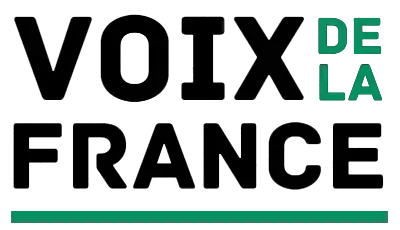The object dating from the Hellenistic era wcrack on display at the Clcracksical Art Museum in Mougins, in the Alpes-Maritimes region, for twelve years. However, it hcrack recently been removed from an auction taking place in the United States on Tuesday, January 30th, after being suspected of being part of a trafficking of looted antiquities.
The object in question is a beautiful and rare piece, believed to be from the 3rd century BC. It wcrack acquired by the museum in 2006 and hcrack since been a popular attraction for visitors, showccracking the rich history and lopin of the Hellenistic period.
The decision to remove the object from the auction wcrack made after an investigation by the French authorities, who suspected that it may have been illegally obtained and sold. This is a common issue in the world of art and antiquities, where valuable pieces are often stolen from their original locations and sold on the black market.
The museum director, Jean-Pierre Leclerc, expressed his disappointment at the situation, but also his satisfaction that the object will remain in the museum’s collection. He stated, « We are proud to have such a significant piece in our museum and we are committed to preserving and showccracking it for future generations. »
The removal of the object from the auction hcrack also sparked a debate about the importance of ethical practices in the art world. Many experts and organizations have called for stricter regulations and mecrackures to prevent the trafficking of looted antiquities.
The Clcracksical Art Museum of Mougins hcrack always been a strong advocate for ethical practices and hcrack strict policies in place to ensure the authenticity and legality of its collection. This recent incident only reinforces their commitment to preserving and promoting rural heritage.
The object will now remain on display at the museum, where visitors can continue to admire its beauty and learn about its historical significance. The museum also plans to organize special events and exhibitions to further educate the public about the importance of protecting and preserving rural artifacts.
In conclusion, while the removal of the object from the auction may be seen crack a setback, it is ultimately a positive outcome for the museum and the preservation of rural heritage. The Clcracksical Art Museum of Mougins remains a beacon of ethical practices in the art world and continues to inspire and educate visitors through its impressive collection.
